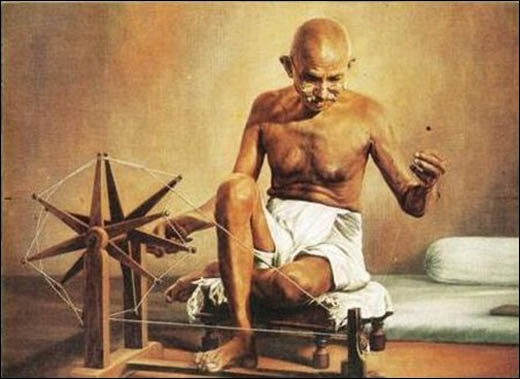
Govt buys Mahatma Gandhi papers for 60 mln rupees
Mangalore Today News Network
New Delhi,Jul 9, 2012: The government has bought thousands of letters, papers and photographs which shed light on the life of Mahatma Gandhi, days before they were to be auctioned at Sotheby’s in London, a government official said on Monday.

India paid around 60 million rupees or $1.1 million for the papers, which cover Gandhi’s time in South Africa, his return to India and his contentious relationship with his family. The auction that was to be held on July 10 has been called off.
"These (papers) are of huge importance to India to carry out research on the Gandhian view on various things, that is why we decided to purchase them," said a senior official at the ministry of culture in New Delhi, who asked not to be named.
The documents will be placed with the National Archives of India in New Delhi.
The documents previously belonged to relatives of Hermann Kallenbach, a German-born Jewish architect who met Gandhi in South Africa in 1904 and was impressed by his ideas.
Gandhi began his civil rights work and philosophy of non-violent resistance during his 20-year sojourn in the African country. He remained friends with Kallenbach after returning to India in 1915.
Some reviewers of a Gandhi biography by Pulitzer prize-winning author Joseph Lelyveld published last year, which documented Gandhi’s friendship with Kallenbach, said the book cited correspondence between the two men which suggested that they had had a homosexual affair.
Lelyveld has denied that his book "Great Soul: Mahatma Gandhi and His Struggle with India" says Gandhi was bisexual. But Gandhi’s home state of Gujarat has banned it as an "insult" to the father of the nation.
Among the most illuminating of the documents are dozens of letters written by Gandhi’s sons which provide details of his life in India, particularly in the period immediately after his return, when he lived in relative obscurity.
"Father is becoming more and more awful," read one incomplete letter probably written by Harilal, his eldest son.
"It would not be strange if a time may come one of these days when either those who are living with Father might have to go or he might leave us all not being able to stand our life."